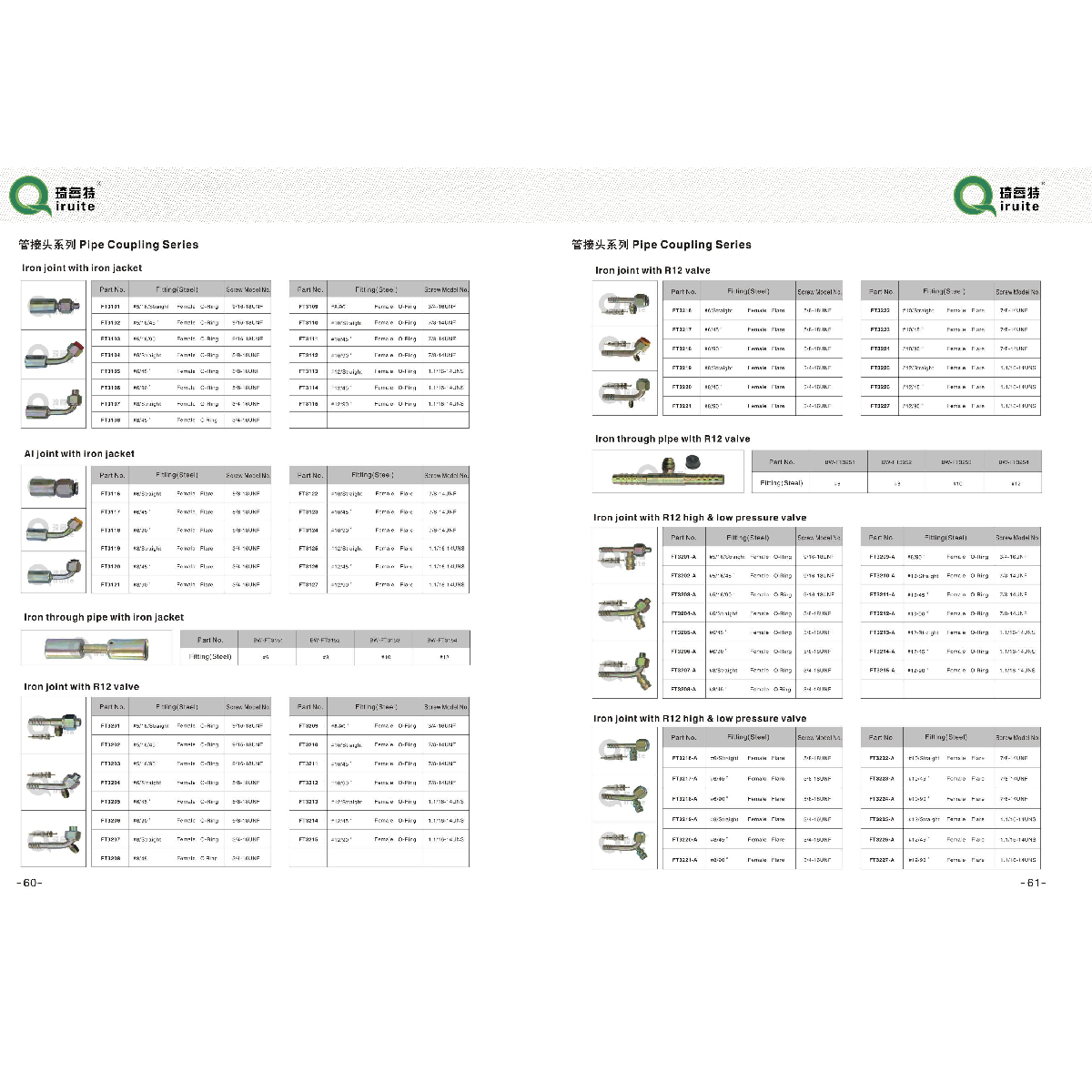Cost of Replacing Brake Lines for Your Vehicle Explained
Understanding the Costs of Brake Line Replacement
When it comes to vehicle maintenance, safety should always be a top priority. One of the critical components of your car's braking system is the brake line, which transports brake fluid from the master cylinder to the brake calipers. Over time, brake lines can deteriorate due to rust, corrosion, or physical damage, leading to brake fluid leaks and compromised braking performance. If you find yourself in need of a brake line replacement, it’s essential to understand the associated costs, factors affecting the price, and the importance of timely replacement.
Average Cost of Brake Line Replacement
The cost of brake line replacement can vary significantly based on several factors, including the make and model of your vehicle, the type of brake lines being installed, and the labor rates in your location. On average, drivers can expect to pay between $150 to $300 for a complete brake line replacement. This estimate typically includes both parts and labor. The brake lines themselves can cost anywhere from $30 to $100, depending on whether you opt for standard steel lines, stainless steel lines, or even upgraded materials that offer better resistance to corrosion.
Factors Influencing Brake Line Replacement Costs
1. Vehicle Make and Model The type of vehicle you own can greatly affect the cost of brake line replacement. Luxury or overseas vehicles might have higher replacement costs due to specialized parts or dealer-only components. In contrast, more common vehicles might have more affordable parts readily available.
2. Location Labor rates can vary by region. Urban areas typically have higher labor rates compared to rural areas. This geographic disparity can influence the overall cost of the replacement service.
3. Type of Brake Lines There are different materials used for brake lines standard steel, stainless steel, and rubber. Stainless steel lines are often recommended as they provide better durability and resistance to rust, but they come at a higher cost.
brake line replacement price

4. Extent of Damage If the brake lines have corroded extensively, it might not only be a matter of replacing the lines. Additional components of the braking system might need repair or replacement, such as the master cylinder or calipers, which would further increase costs.
5. Labor Time The amount of time the mechanic needs to perform the replacement also impacts the overall price. If the brake lines are difficult to access, it might take longer to complete the job, adding to labor costs.
Importance of Timely Replacement
Ignoring issues with your brake lines can lead to severe safety risks. A leak in a brake line can result in brake failure, which is extremely dangerous. Therefore, it's crucial to monitor your vehicle's braking performance and react promptly to any signs of trouble, such as a spongy brake pedal or fluid leaking under your vehicle.
Regular inspections can help identify potential issues with your brake lines before they become serious problems. During routine maintenance checks, mechanics can examine the condition of your brake lines, and if significant corrosion or damage is detected, they can recommend a timely replacement.
Final Thoughts
Maintaining your vehicle's braking system is vital for ensuring your safety on the road. Understanding the costs associated with brake line replacement can help you budget effectively and make informed decisions regarding your car maintenance. If you suspect issues with your brake lines, consult a qualified mechanic to evaluate the situation and provide you with a detailed estimate for services. Investing in your vehicle’s braking system not only protects you but also preserves the longevity and reliability of your car.
-
Ultimate Spiral Protection for Hoses & CablesNewsJun.26,2025
-
The Ultimate Quick-Connect Solutions for Every NeedNewsJun.26,2025
-
SAE J1401 Brake Hose: Reliable Choice for Safe BrakingNewsJun.26,2025
-
Reliable J2064 A/C Hoses for Real-World Cooling NeedsNewsJun.26,2025
-
Heavy-Duty Sewer Jetting Hoses Built to LastNewsJun.26,2025
-
Fix Power Steering Tube Leaks Fast – Durable & Affordable SolutionNewsJun.26,2025

